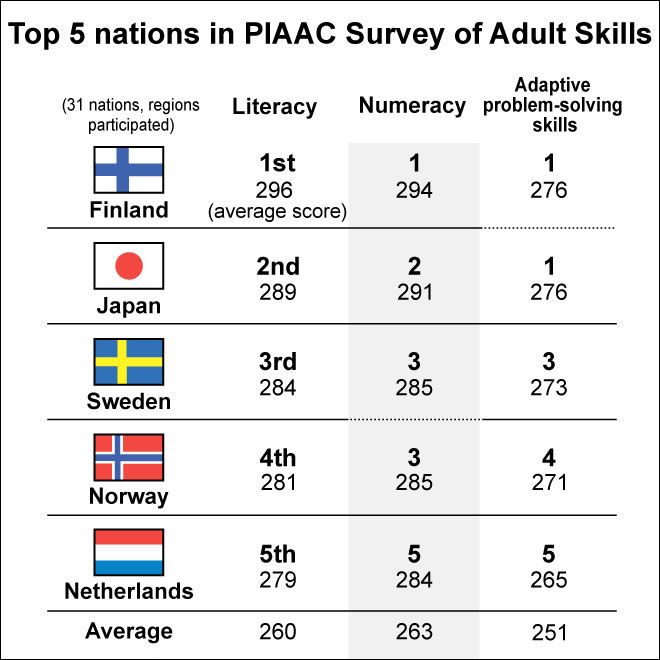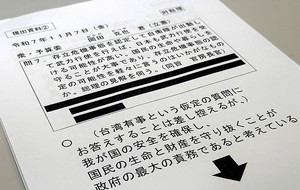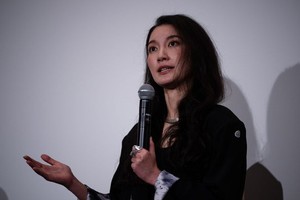By CHIKA YAMAMOTO/ Staff Writer
December 11, 2024 at 14:02 JST

Japan ranked either first or second in all three categories—literacy, numeracy and adaptive problem-solving skills—of an international survey of adult skills.
The Organization for Economic Cooperation and Development’s Program for the International Assessment of Adult Competencies (PIAAC) released the results of its second Survey of Adult Skills on Dec. 10.
Japan ranked first in two categories in the first survey conducted in 2011-12.
About 160,000 people in 31 nations and regions, including 5,165 randomly selected Japanese adults, took part in the latest survey conducted through tablet computers in 2022-23.
While the actual survey questions were not divulged, the OECD did release sample problems for the three categories.
For the model question in the literacy category, respondents were asked to read an article related to changes in bread and crackers after some time had passed. They were then asked to decide if a sentence in the answer section was correct or not.
The model question for the numeracy category asked if the displayed temperature was within the acceptable range of a freezer with a temperature between minus 15 and minus 20 degrees.
In the adaptive problem-solving skills category, respondents were shown a map on the tablet computer and were asked to trace the fastest route to complete the tasks of driving their children to school by 8:30 a.m. and returning home by 9:30 a.m. after shopping.
The average score for Japanese respondents in the literacy category was 289 out of a possible 500, placing it second behind Finland.
Japan was also second in numeracy with a 291 average. But it tied Finland in first place in the adaptive problem-solving skill category, with a 276 average.
Finland ranked No. 1 in all three categories. In the first survey it ranked second in all three categories.
Regarding the displacement in rankings, an education ministry official said, “There was an increase in the ratio of Finnish respondents with high scores.”
The official also noted that many Finnish people proceed to master’s and doctorate programs.
An OECD analysis found that literacy had remained the same or decreased among a majority of nations compared to the first survey.
In Japan’s case, about 10 percent of respondents did not possess basic literacy skills.
Another finding was that since the first survey, the gap in literacy had increased in many nations, including Japan, in relation to the educational background of the parents of the respondent.
Andreas Schleicher, the director of the OECD’s Directorate for Education and Skills, which implemented the Survey of Adult Skills, pointed to the need for Japanese adults to learn new skills for the workplace, even if they already have a high educational background.
The survey found that many Japanese respondents felt they did not have the specific skills needed to carry out their job, Schleicher said.




















A peek through the music industry’s curtain at the producers who harnessed social media to help their idols go global.
A series based on diplomatic documents declassified by Japan’s Foreign Ministry
Here is a collection of first-hand accounts by “hibakusha” atomic bomb survivors.
Cooking experts, chefs and others involved in the field of food introduce their special recipes intertwined with their paths in life.
A series about Japanese-Americans and their memories of World War II